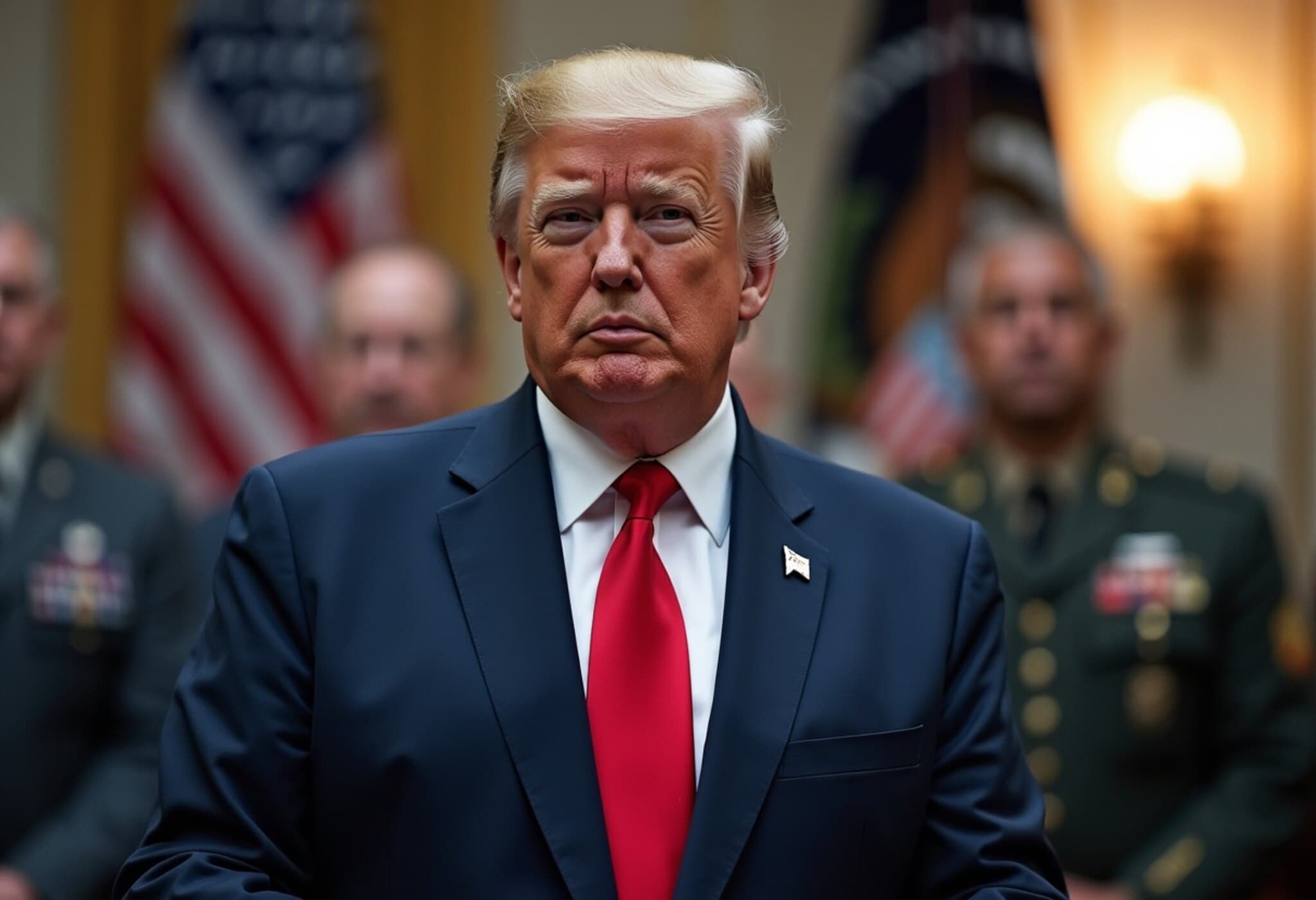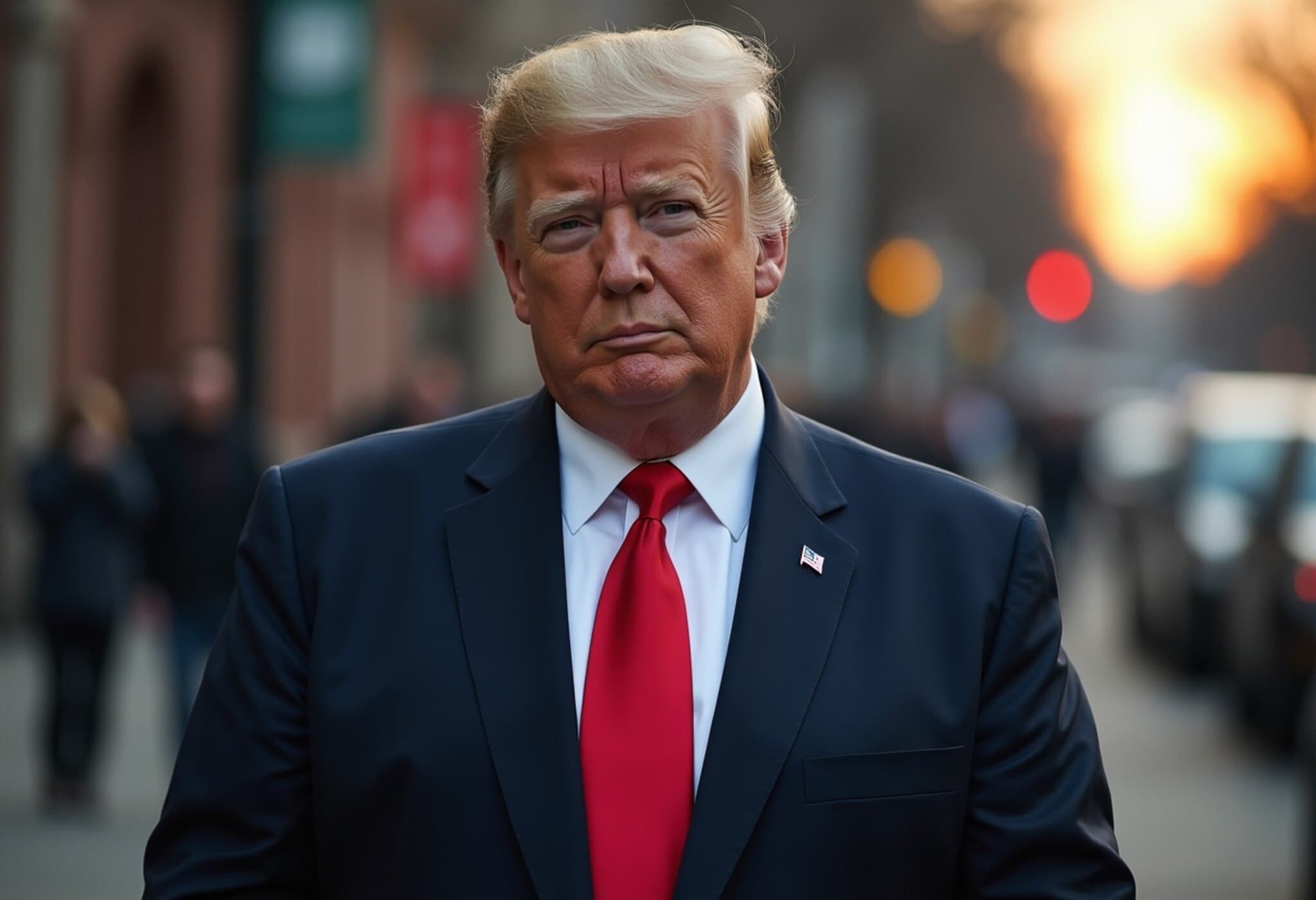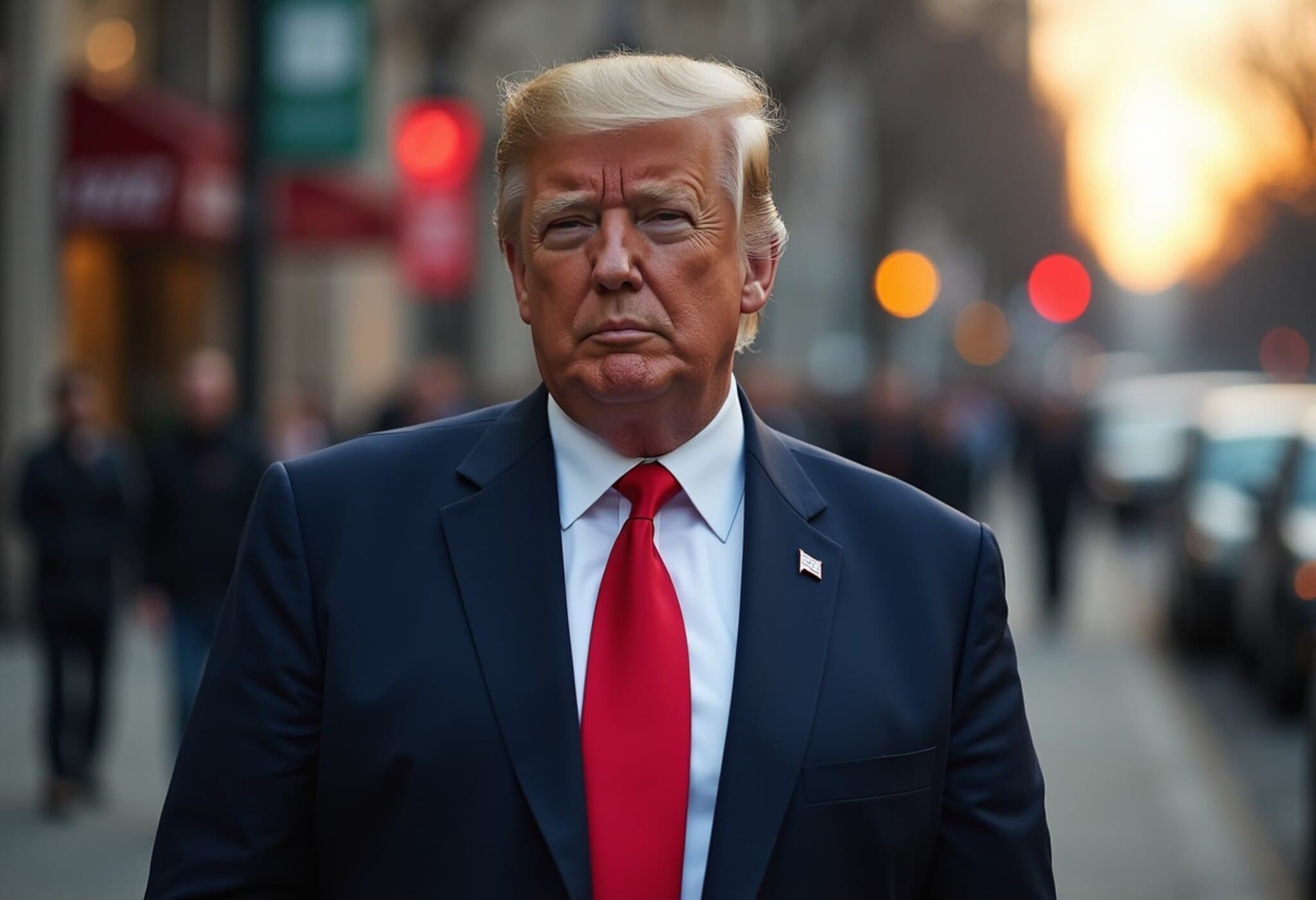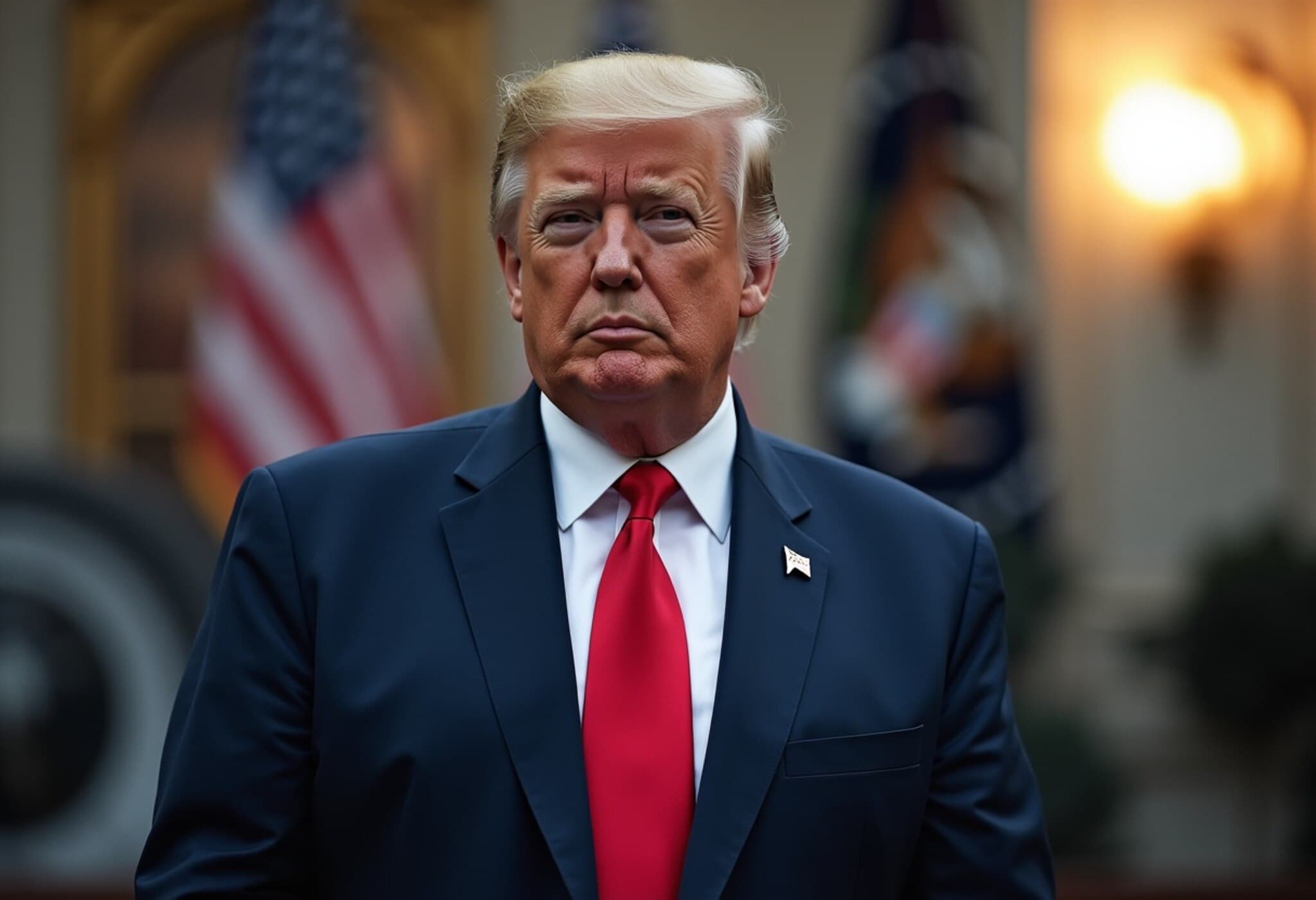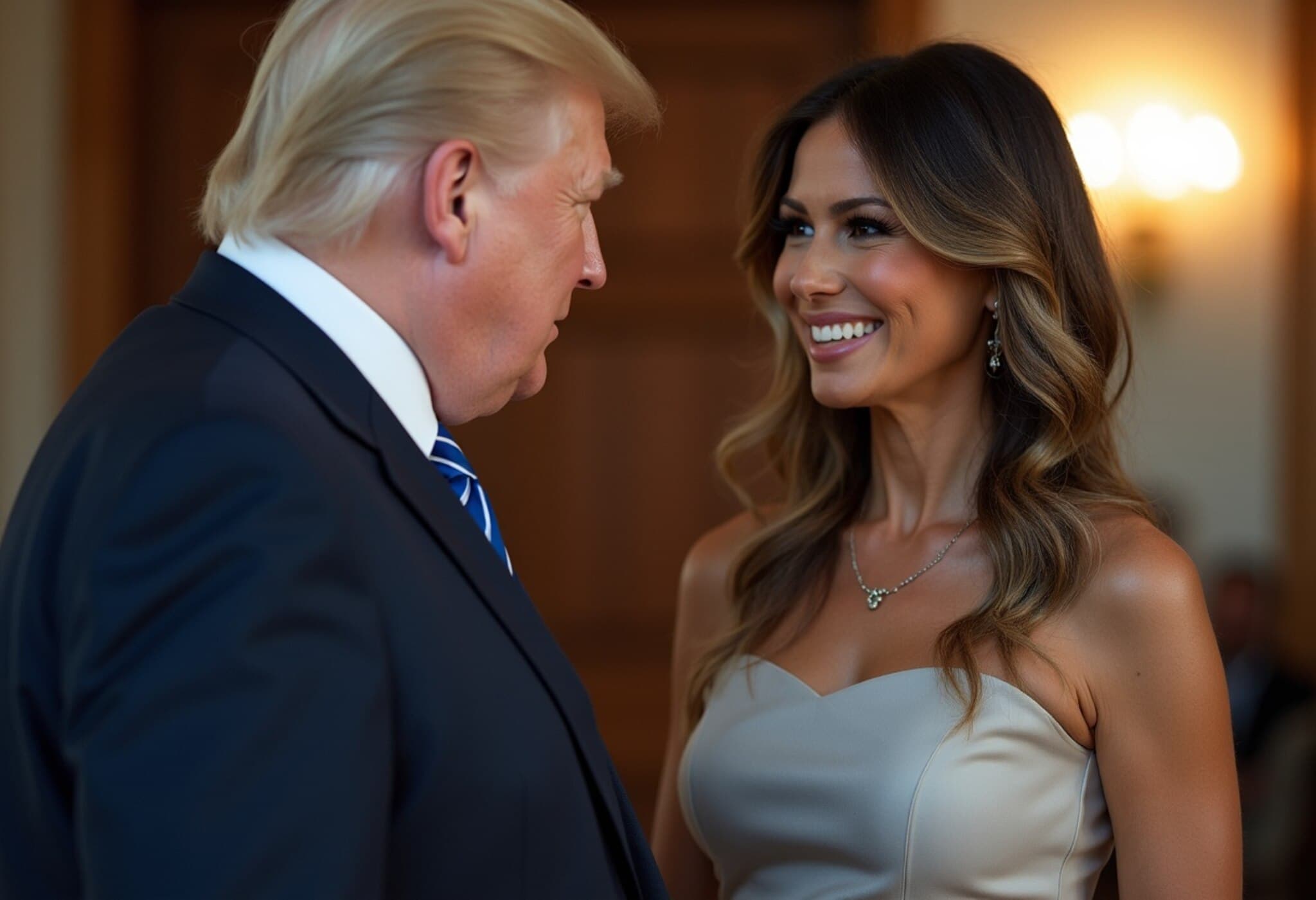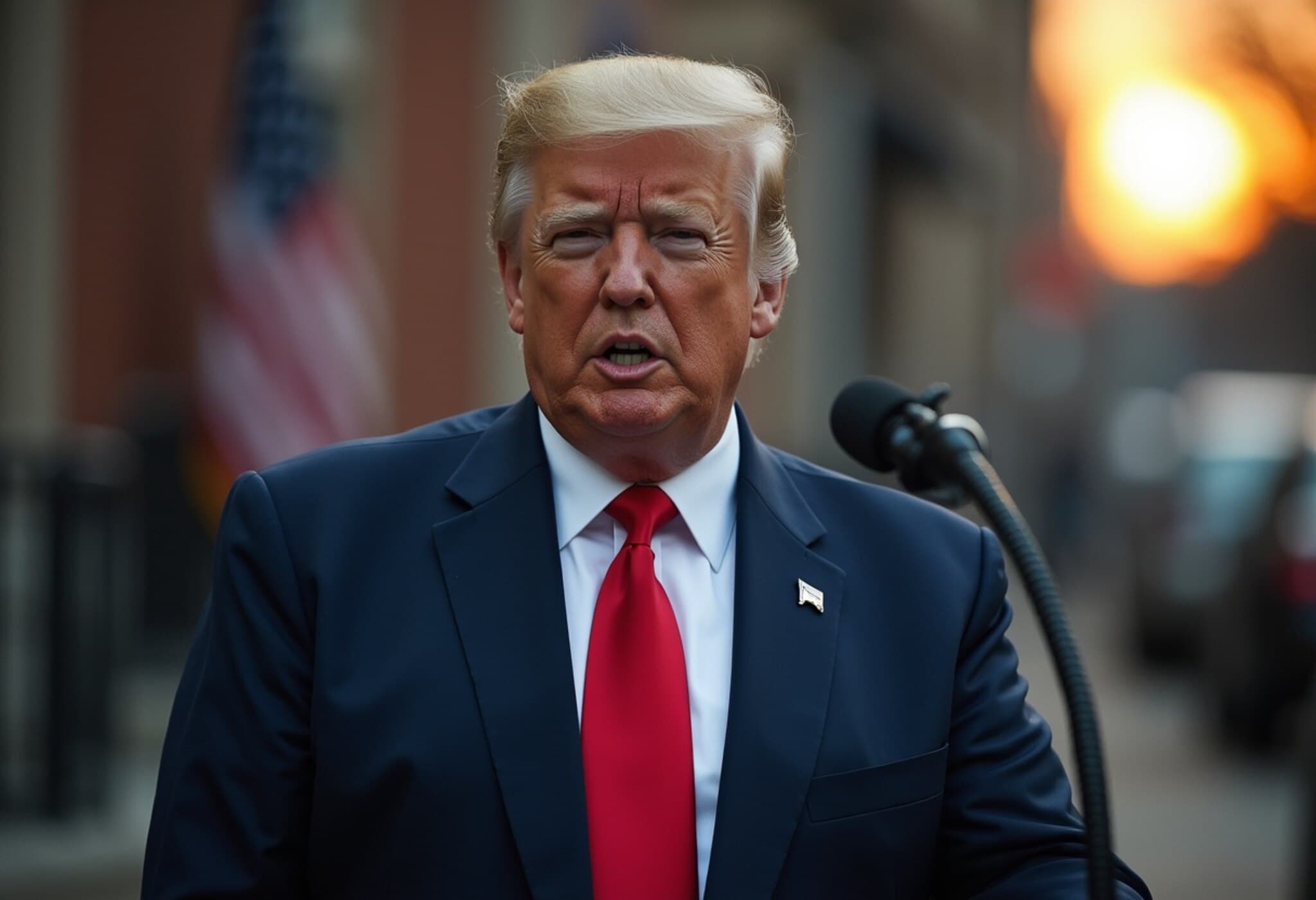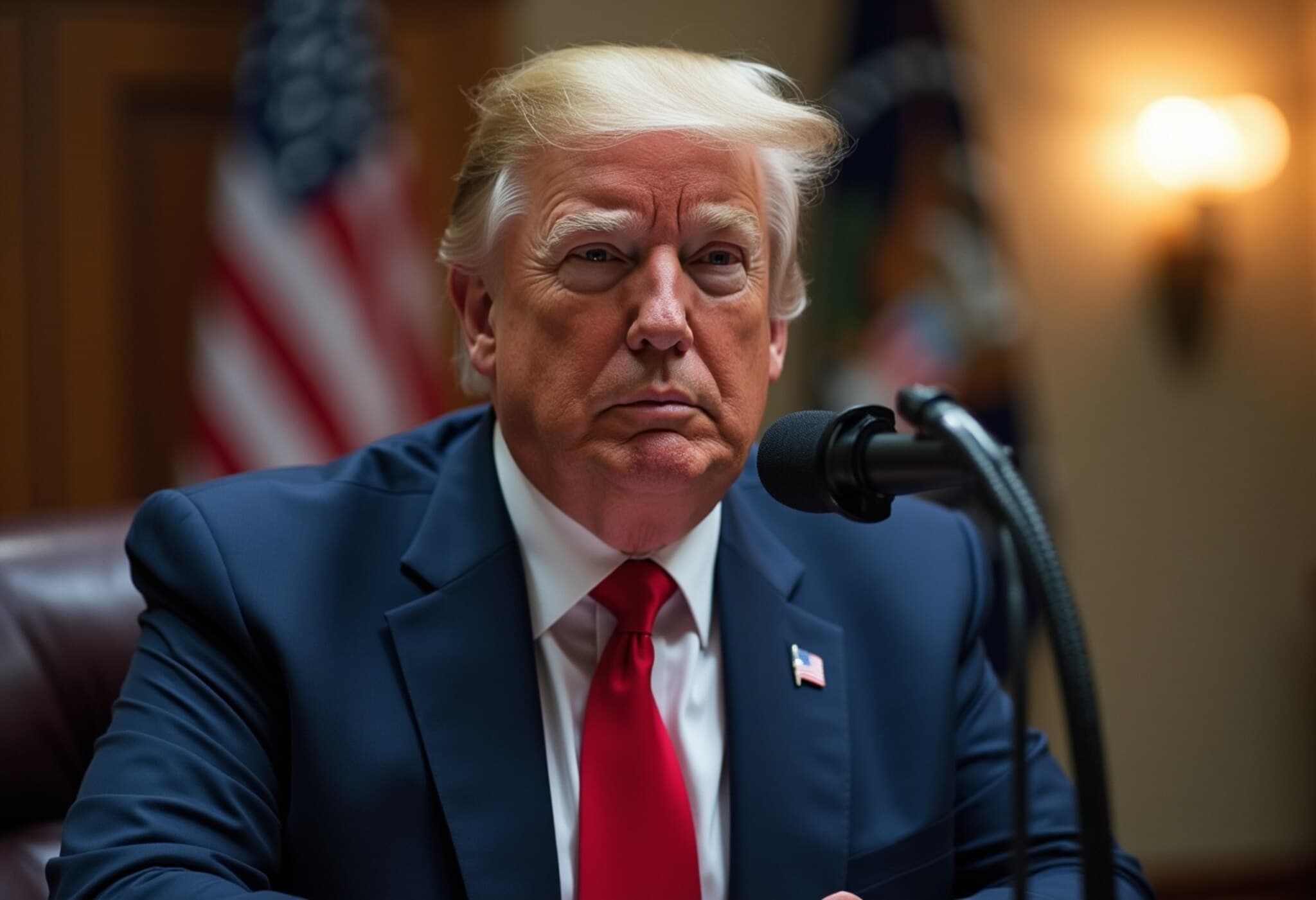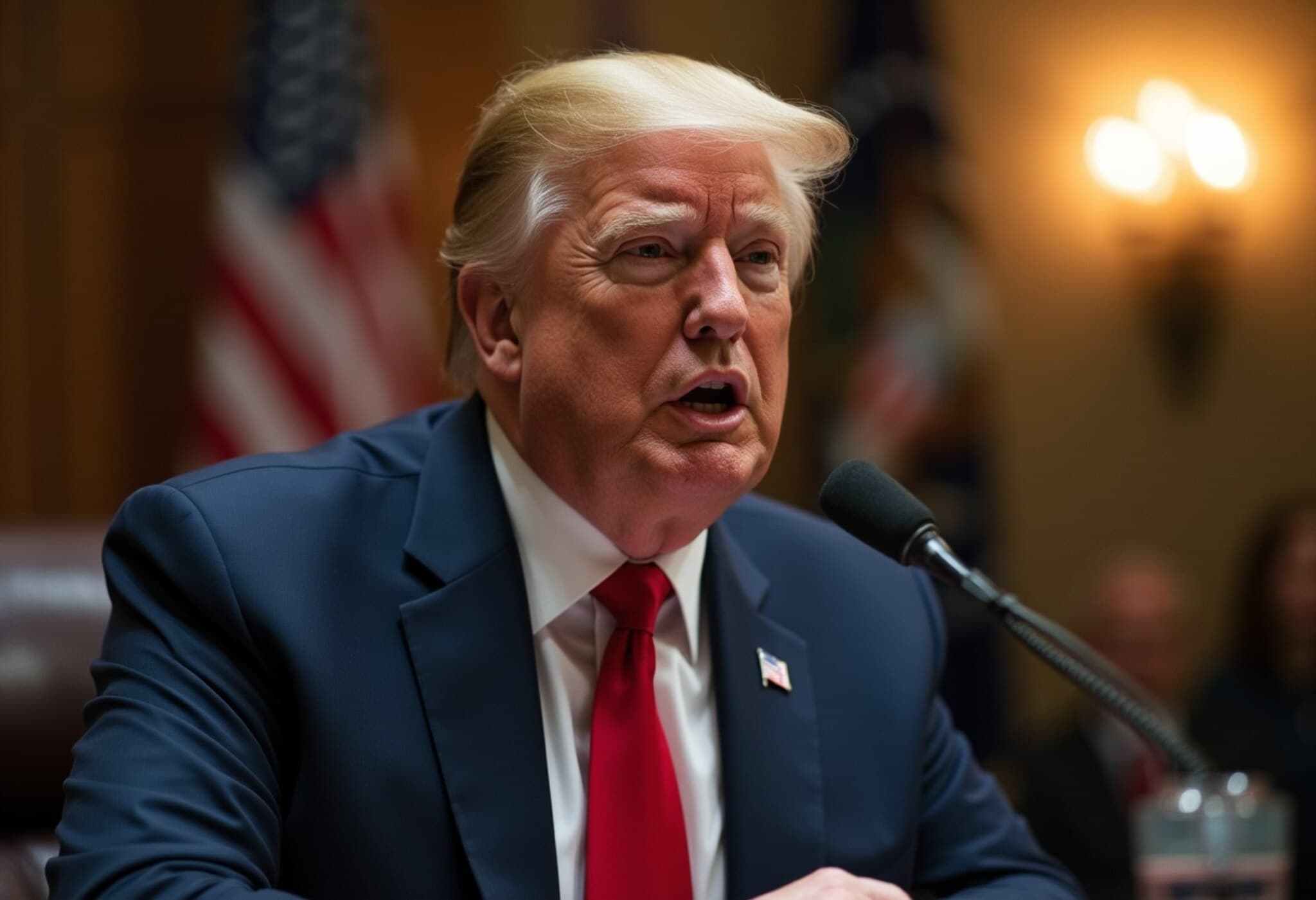Trump Advocates Renaming Department of Defense to ‘Department of War’
In a bold move that has sparked debate across political and military circles, former President Donald Trump announced plans to revert the U.S. Department of Defense's name back to its original title: the Department of War. Speaking from the Oval Office on August 26, 2025, Trump emphasized that the older name “had a stronger sound” and better reflected America’s historical military victories.
Historical Context: From War to Defense
The Department of War was established in 1789 as the primary military agency during the nation's early years, overseeing the Army and later, other military functions. However, in 1947, President Harry Truman signed the National Security Act, which reorganized the military establishment and created the Department of Defense, replacing the Department of War. This shift was part of a broader post-World War II effort to unify military command under a peacetime structure promoting coordination and defense rather than aggression.
Trump’s Rationale: Strength in Nomenclature
Trump’s reasoning centers on the perception that the term “Defense” sounds passive. During a joint press conference with South Korean President Lee Jae Myung and alongside Defense Secretary Pete Hegseth, Trump remarked: “We don’t want to be just defense; we want offense too. ‘Defense’ sounds weak. When it was called the Department of War, it represented our victories in World War I and World War II.” He even hinted that such a name change might bypass Congress, stating, “We’re just going to do it.”
Secretary Hegseth, who has championed a renewed "warrior ethos" in the Pentagon, echoed Trump’s sentiments, suggesting that the current name diminishes the agency’s aggressive posture. Trump referred to past symbolic signs, noting that the old building next to the White House still bears the inscription “Secretary of War,” a mark he associates with America’s military strength.
Controversies and Critical Perspectives
The proposal has stirred controversy among military experts, historians, and policymakers. Critics argue that reinstating the term “War” could signal a more aggressive U.S. military posture, potentially escalating tensions internationally. They caution that the word “Defense” reflects a strategic commitment to deterrence and protection, crucial in an era dominated by complex global threats such as cyber warfare, terrorism, and diplomatic conflicts.
Furthermore, legal and procedural questions arise about the authority to rename such a significant department without Congressional approval. The 1947 National Security Act is a federal statute, demanding legislative action for such structural shifts. Any unilateral executive order could face legal challenges, highlighting the complexities of American institutional checks and balances.
Expert Insight: The American Military Identity
From a policy perspective, this naming debate reveals deeper questions about American military identity and strategic messaging. The word “War” may evoke a powerful martial spirit, yet it risks overshadowing diplomatic efforts and non-combative forms of security. Conversely, “Defense” embraces a broader, arguably more modern concept of national security that includes joint operations, alliances like NATO, and technological warfare.
Considering recent geopolitical tensions, particularly in the Indo-Pacific and Eastern Europe, experts suggest that clarity in how the U.S. frames its military institutions helps both allies and adversaries gauge intentions. A name change to the Department of War could complicate diplomatic channels and raise anxieties among international partners.
What’s Next?
- Congressional Response: Legislators are expected to scrutinize the proposal carefully, given its potential impact on defense policy and military image.
- Military Leadership Reaction: Pentagon officials may express varied opinions, balancing institutional legacy with contemporary strategic needs.
- Public Opinion: The American public’s reaction will play a pivotal role, especially considering ongoing debates on military spending, veterans’ affairs, and foreign engagements.
Editor’s Note
President Trump’s initiative to rename the Department of Defense as the Department of War revives a centuries-old debate about America's military identity and how it presents itself on the world stage. While the name change may evoke nostalgia for past victories, it raises compelling questions about modern warfare, diplomacy, and the balance between offensive power and defensive responsibility. Observers and policymakers alike should consider not just the symbolic weight of such a change, but its broader implications for U.S. national security strategy and global stability.

